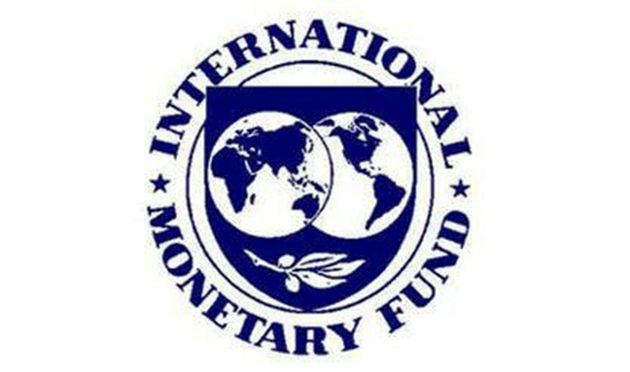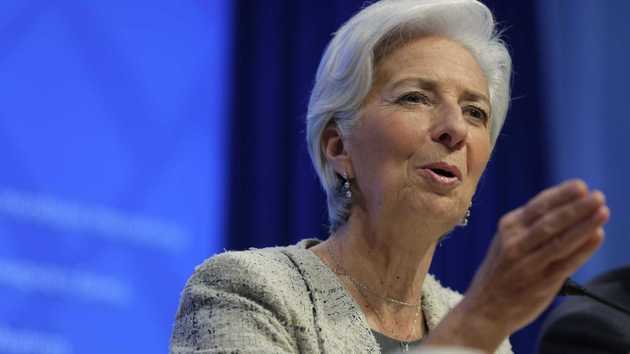O International Monetary Fund (IMF) was created at the Breton Woods (USA) conference in July 1944.
The aim was to form an economic institution that would help avert a crisis like the one in 1929.
Definition
The IMF's mission is to promote financial stability and international monetary cooperation. Thus, your job is to ensure that there are no major devaluations in national currencies.
It was founded by 29 countries, in the context of the Second War that ended and the ideological battle of the Cold War that began.

Therefore, it helped with loans to several countries so that they would not resort to the help of the Soviet Union. It currently has 189 member countries and its headquarters are in Washington (USA).
At the Breton Woods Conference, the World Bank, the BIRD (International Bank for Reconstruction and Development) and the GATT, which would later become the WTO (World Organization of the Business).
Structure
The Board of Governors is the highest body of the IMF. In the case of Brazil, the holder is the Minister of Finance, but in certain countries it may be the president of the Central Bank.
This Board of Governors makes decisions and elects the Board of Directors, which is made up of 24 people. In this way, some directors end up representing a group of countries. For example, the Brazilian director represents, in addition to Brazil, nations such as Cape Verde, Ecuador, Guyana, Haiti, Nicaragua, Panama, Dominican Republic, East Timor, Trinidad and Tobago.
Countries like the United States, Japan, Germany, France, United Kingdom, China, Russia and Saudi Arabia have a permanent seat on the Board of Directors.
The decision-making power of the countries that make up the IMF is proportional to the financial contribution they make to the Fund. The more money a nation gives to the IMF, the greater its voting power.
Brazil, for example, is currently in the 10th position of shareholders and has 2.32% of decision-making power. The United States, for its part, is the only country that has the power to veto and not vote in the IMF.
An unwritten rule states that the IMF is headed by a European and the IBRD (International Bank for Reconstruction and Development) by an American citizen.

This is intended to prevent the hegemony of just one continent in the direction of these bodies. In any case, the fact is that this norm has been observed until today.
Likewise, the Board of Governors is responsible for electing the institution's president. Since 2011, the position has been occupied by Frenchwoman Christine Lagarde, the first woman to do so.
Acting
The IMF is used to lend resources when a country's balance of payments is in deficit. In other words: when a country is no longer able to pay what it owes.
The money for loans is obtained by paying the quotas of member countries and each country gives as much as it can.
The quota determines the amount of money a country can borrow. Countries have automatic access to 25% of their quota and to obtain a value greater than this it is necessary to negotiate the conditions.
After the end of the Cold War, the IMF's financial aid policies took an increasingly neoliberal turn. Large loans were accompanied by very harsh conditions such as a reduction in civil servants, higher taxes, falling inflation and privatization of public companies.
Because of these interventions, the IMF is the target of protests in many countries when the government decides to request its financial assistance.

In addition, the IMF periodically prepares reports on the economic situation of countries. With this data, investors decide whether or not to put their money in this country.
The IMF and Brazil
Brazil participated in the creation of the IMF and was one of the first signatories of the International Monetary Fund.
The relationship between the country and the financial organization was not always smooth. Despite Brazil resorting to loans abroad, during the JK government, the president broke with the IMF because of the conditions required to contract loans.
However, the IMF was generous to Brazil during the military dictatorship. In fact, the agency supported several anti-democratic governments in Latin America.
Curiosities
- Countries like North Korea, Cuba, Liechtenstein, Andorra, Monaco, Tuvalu and Nauru are not part of the IMF.
- The institution is also not responsible if loan conditions aggravate a country's crisis.
read more:
- WTO
- Protectionism
- neoliberalism
- Macroeconomics
